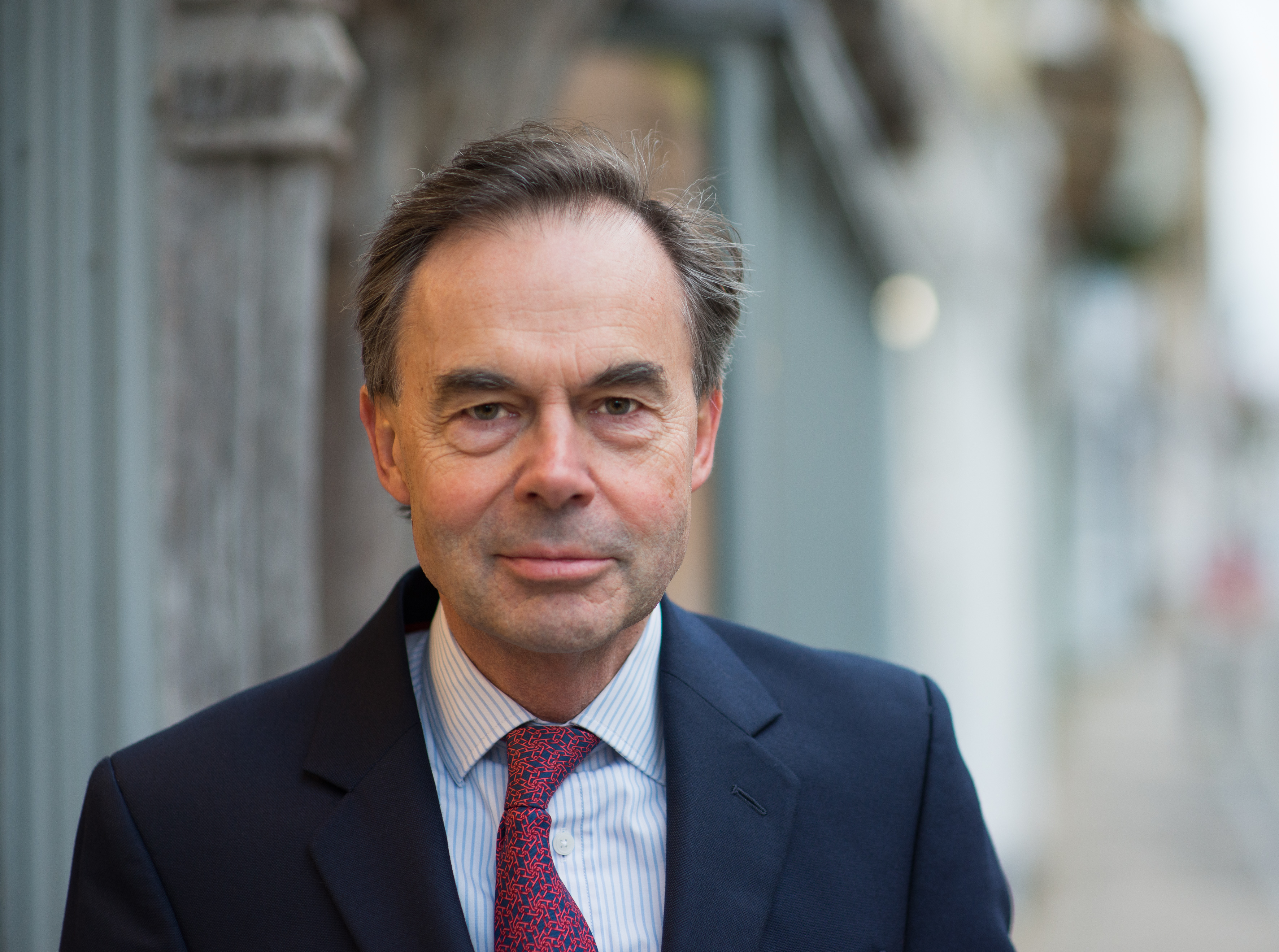October and November have seen equity markets climb a ‘wall of fear’ as markets edged from the fear of ever more tightening from the Federal Reserve to the hope that we might be nearing the end of the cycle.
A rally in stocks (and bonds) that began in earnest around 13th October has carried on through November accompanied by a general lightening of the mood. The US inflation figures for October spurred on the recovery with a below estimate 7.7% on the CPI, the fourth month of lower figures since the peak of 9.1% in June.
The change in mood has led to falls in bond yields, the US ten-year yield has come back to 3.6% from 3.8% at the end of September, despite a further 75bp addition to the Fed Funds rate to 4%. UK Gilt yields have fallen by a full percentage point to 3.1% but this comparison is with the period of maximum disruption from the (brief) Truss administration.
The change in tone in America has been reflected in the foreign exchange markets with a weakening in the US dollar, the DXY, US Dollar Index, is 5% lower since the end of September. Particularly relevant for the Esk Fund, sterling has seen a notable recovery on the back of the return to some semblance of proper government and the weakening US dollar. Being priced in sterling, Esk has gained around 4% since the end of September, held back by a 7.5% gain for the pound v. US dollar.
The Japanese market overall has gained just 1.5% over this period but it has been good for several of the Fund’s Japanese holdings. Shin-Etsu Chemical gained 22% as did Sony Group while Sumitomo Mitsui Financial gained a further 16% (now comfortably positive for the year). Technology under-performed again, the NASDAQ gaining just 4.5% against an 11% gain for the S&P 500, the greatest detractor to the Fund’s performance over the period was the 17% fall in Amazon.Com following Q3 figures, which met revenue and earnings expectations but provided a distinctly down-beat Q4 forecast. Alphabet and Intuit were flat while Logitec and Mastercard gained significantly. The best performance in the sector came from a solid 33% gain for Oracle Corp.
Other than Amazon.com, the consumer discretionary names provided good performance, McDonald’s gained 18% after reporting robust Q3 sales and the luxury goods companies in the portfolio, LVMH and Hermes both put in similar performance after Q3 figures and looking for an easing of COVID restrictions in China. Among the pharmaceutical and healthcare holdings, Roche weakened after disappointing results for their Alzheimer’s drug trial, which also held back Chugai Pharmaceutical in Japan. The rest were good, led by a 38% gain for Gilead Sciences after an encouraging forecast and a 25% recovery for GN Store Nord after figures and the announcement that rival Demant had taken a stake in the Company. The financials were strong across the board, led by a 25% gain for Everest Re Group, with the other re-insurer in the portfolio, Swiss Re, adding 15% and Berkshire Hathaway 17%. The bank holdings gained and, finally, there was a recovery for T Rowe Price, gaining 15% over this period but still down 38% over the year.
Inflation still holds the key to a sustained recovery in markets and the recent US figures were encouraging, as has been the steady pull-back in the oil price. We still expect to see further base rate increases from the Federal Reserve (and the other central banks) in December but, hopefully, we are close to peak rates.
The above article has been prepared for investment professionals. Any other readers should note this content does not constitute advice or a solicitation to buy, sell, or hold any investment. We strongly recommend speaking to an investment adviser before taking any action based on the information contained in this article.
Please also note the value of investments and the income you get from them may fall as well as rise, and there is no certainty that you will get back the amount of your original investment. You should also be aware that past performance may not be a reliable guide to future performance.
How would you like to share this?

